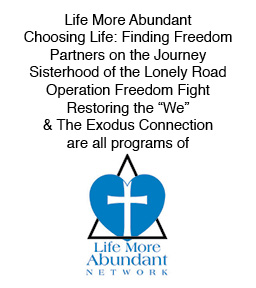“When you’ve done everything you can do, that’s when God will step in and do what you can’t do” —2 Corinthians 12:10
This popular paraphrase of a passage in 2 Corinthians is plastered all over the internet. It has some wonderful truth in it:
- God has our best interest at heart.
- God can do things that we can’t do
- There may be things required of us
But, as encouraging as it is, this paraphrase doesn’t tell the WHOLE story. There is so much more that can be gleaned from this passage. The verse before it talks about God’s grace being sufficient for us because his power is made perfect in weakness. It goes on to infer that we can actually be grateful for our weaknesses, because it is in our weak places that God’s strength and power is evident.
God certainly gives us strengths and talents to be used for his glory and the benefit of ourselves and others. But, he doesn’t give us everything we need because he wants us to have a relationship with and a reliance on him. We don’t have to wait until we are exhausted—until we’ve tried everything— because at whatever point we acknowledge that we are not capable, God steps in to either equip us or do for us, as he sees fit.
Nowhere is this concept more significant than in addiction recovery. Our weak areas become our strongest areas when we surrender our inadequacies to God and allow him to work in and through us. In every sense of the word, he truly is our refuge and our strength, a very present help in trouble. (Psalm 46:1)
“But he [God] said to me, ‘My grace is sufficient for you, for my power is made perfect in weakness.’ Therefore I will boast all the more gladly about my weaknesses, so that Christ’s power may rest on me. This is why for Christ’s sake, I delight in weaknesses, in insults, in hardships, in persecutions, in difficulties. For when I am weak, then I am strong.” — 2 Corinthians 12:9-10 (NIV)


Leave A Response